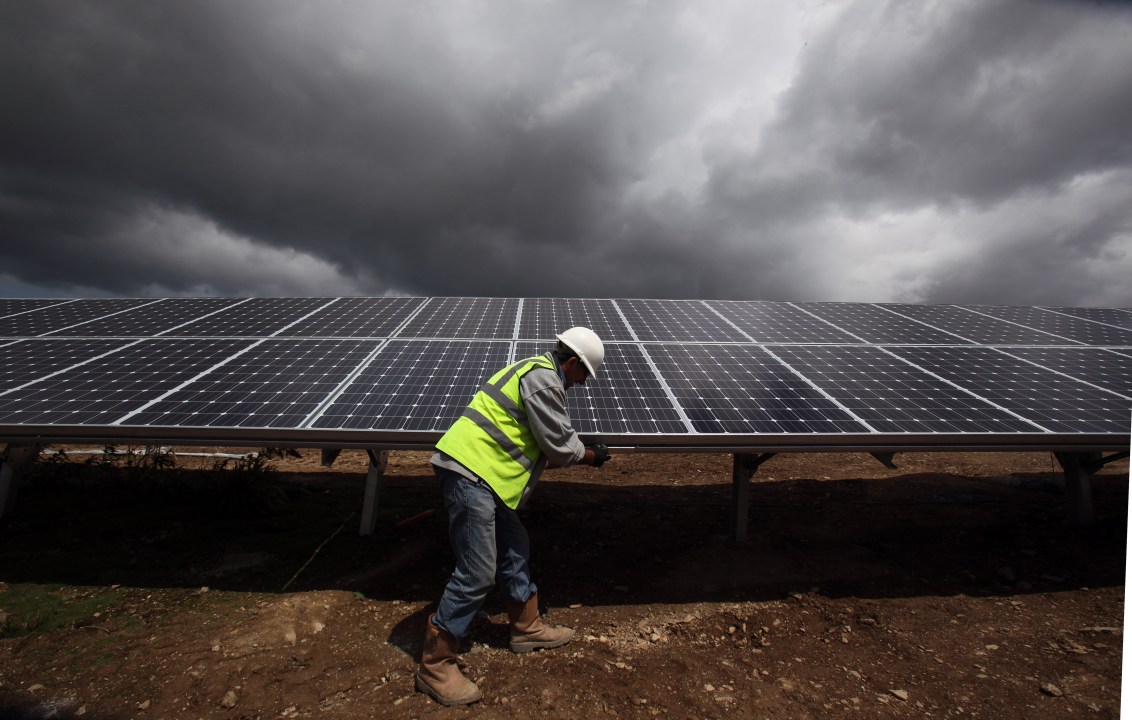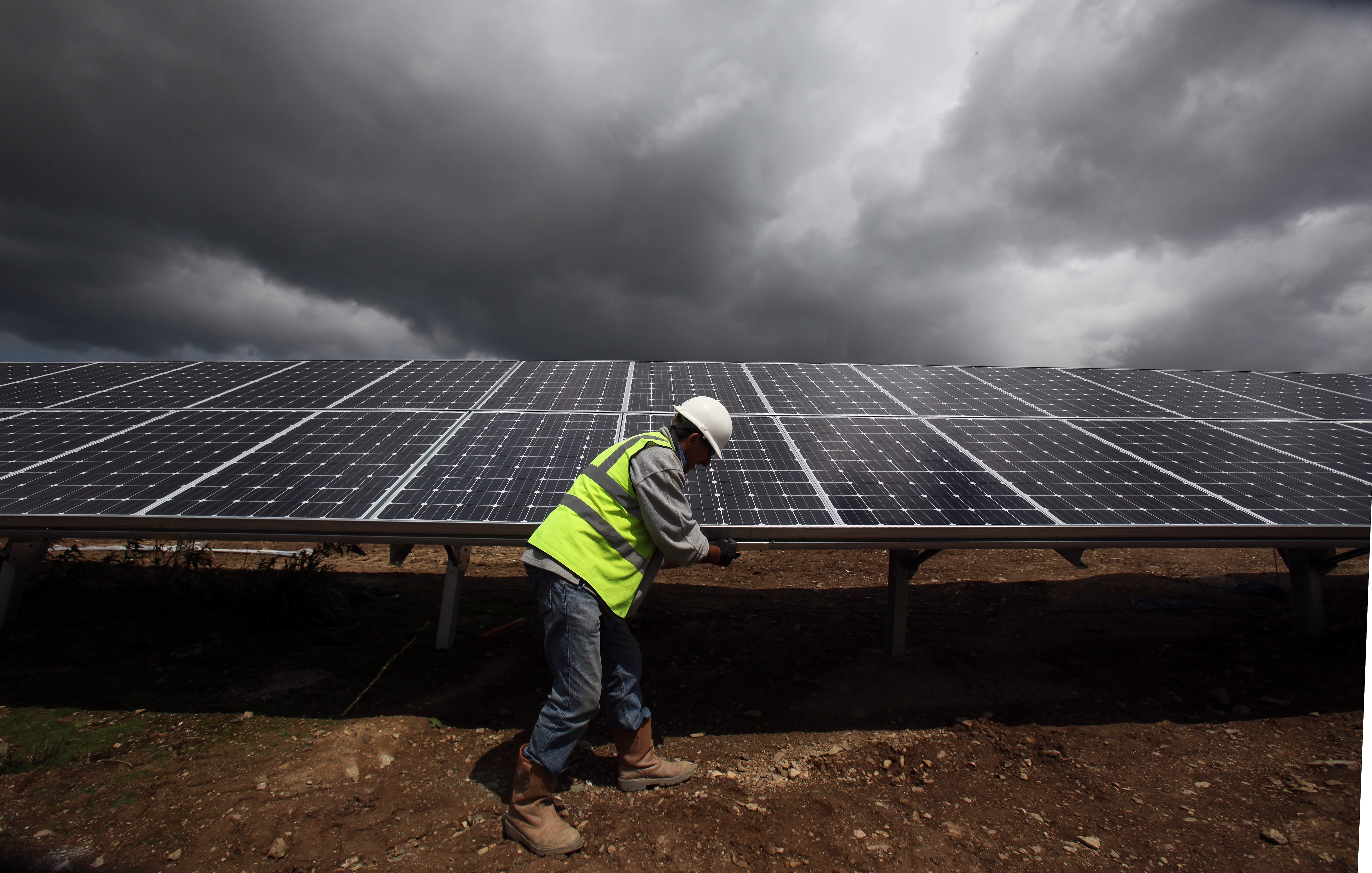Are you someone who is delighted by the government’s eye-wateringly expensive commitment to deliver ‘net zero’ by 2035, or are you a dissenter on the grounds that its plans do not go far, or fast, enough?
According to the BBC and many other media organisations, you must surely belong to one of those two groups.
Somehow the widely held viewpoint to which I subscribe – that the weight of evidence suggests man-made climate change is a big problem but we should still scrutinise climate policies on grounds of proportionality, value for money and how they measure up against less idealistic alternatives – has been squeezed out.
Tuesday morning’s news bulletins on the Today programme provided a case study of how the debate is being framed. The top story concerned the government’s new net zero announcements, including a £450 million plan to subsidise folk getting rid of gas boilers and replacing them with heat pumps.

Britain’s best politics newsletters
You get two free articles each week when you sign up to The Spectator’s emails.
Already a subscriber? Log in








Comments
Join the debate for just £1 a month
Be part of the conversation with other Spectator readers by getting your first three months for £3.
UNLOCK ACCESS Just £1 a monthAlready a subscriber? Log in